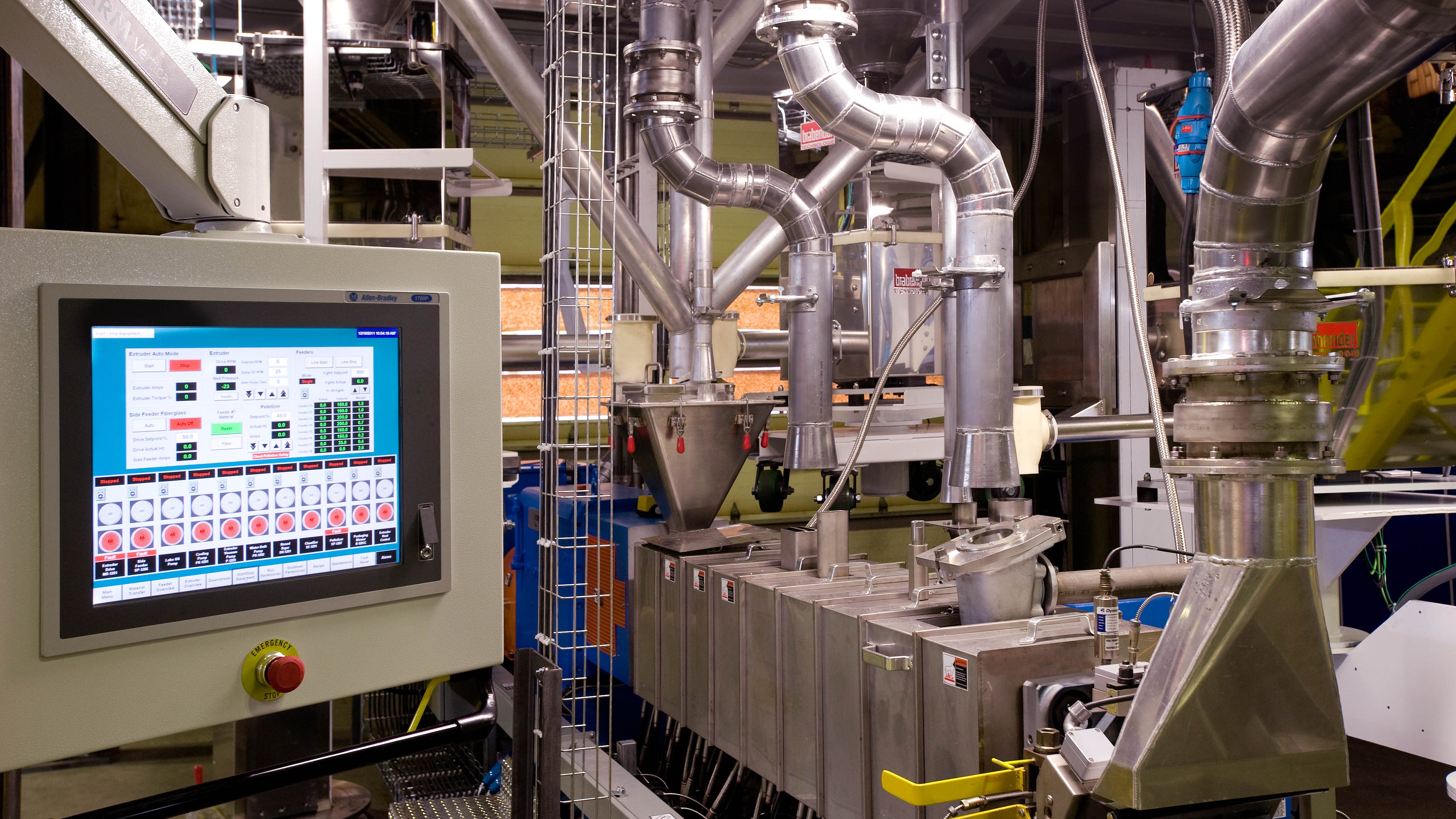Consumers in places like the U.S., Japan and most of Europe take it as a given that their new vehicles will come equipped with an airbag. The safety feature became prevalent in vehicles in many developed countries during the 1990s. And by the turn of the century, it was either required by law or considered an essential component for automakers to include in their vehicles to achieve desired safety ratings.
But the same can’t be said in many developing and emerging countries around the world, where airbags still either aren’t required or aren’t commonly found. This was the case for car owners in Brazil until just recently. In 2014, a new law took effect requiring that airbags and other safety technologies be installed on all new vehicles sold in Brazil.
Brazil’s new airbag requirement was the driving force that led Mitsubishi Chemical Performance Polymers (MCPP) to establish a greenfield production facility in Brazil, the world’s seventh-largest car market. The new facility would primarily support the automotive market, supplying resins to airbag manufacturers for use in safety-critical airbag covers.
Prior to expanding to Brazil, MCPP already had been a leading global supplier of custom automotive materials for more than 30 years. The company had operations in 16 countries around the world, and provided solutions for fuel management, interior, exterior, wiring and other automotive applications.
However, building a facility from the ground up on a new continent – while also meeting key quality, safety and production demands – would be no easy task.
The Need for Speed
With an industrial site north of Sao Paulo selected as the location for its new production facility in Brazil, MCPP wanted to get production up and running as soon as possible to help local auto suppliers meet the impending airbag requirement.
“We wanted the start of production to coincide as closely as possible with the timing of the new airbag requirement,” said Lee Wilson, plant manager for MCPP. “The harsh rain season pushed our site work behind schedule somewhat. When that happened, it became all the more important to look for ways to be efficient in launching this new location.”
In terms of the production infrastructure, the new facility required a feeder and extrusion system that could produce up to about 10 million pounds of resin per year at maximum production capacity. Wilson and his team wanted the Brazilian plant to mimic what MCPP already had in other regions in terms of production speed and especially quality management.
“Quality was our first priority,” Wilson said. “We needed to make sure we could maintain tolerances with the feed systems that were feeding the extruder, as well as achieve proper distribution and dispersion of the various ingredients inside the extruder. Aesthetically, we needed to be able to maintain a consistent product look as material is compounded and pelletized.”
Visibility into the system would be essential to helping operators monitor quality and quickly take action on any production issues that may arise. Additionally, there was a desire to provide remote access into the system. This would allow U.S.-based MCPP employees and other outside experts to troubleshoot or diagnose technical challenges, and help compensate for a lack of local technical support in Brazil.
